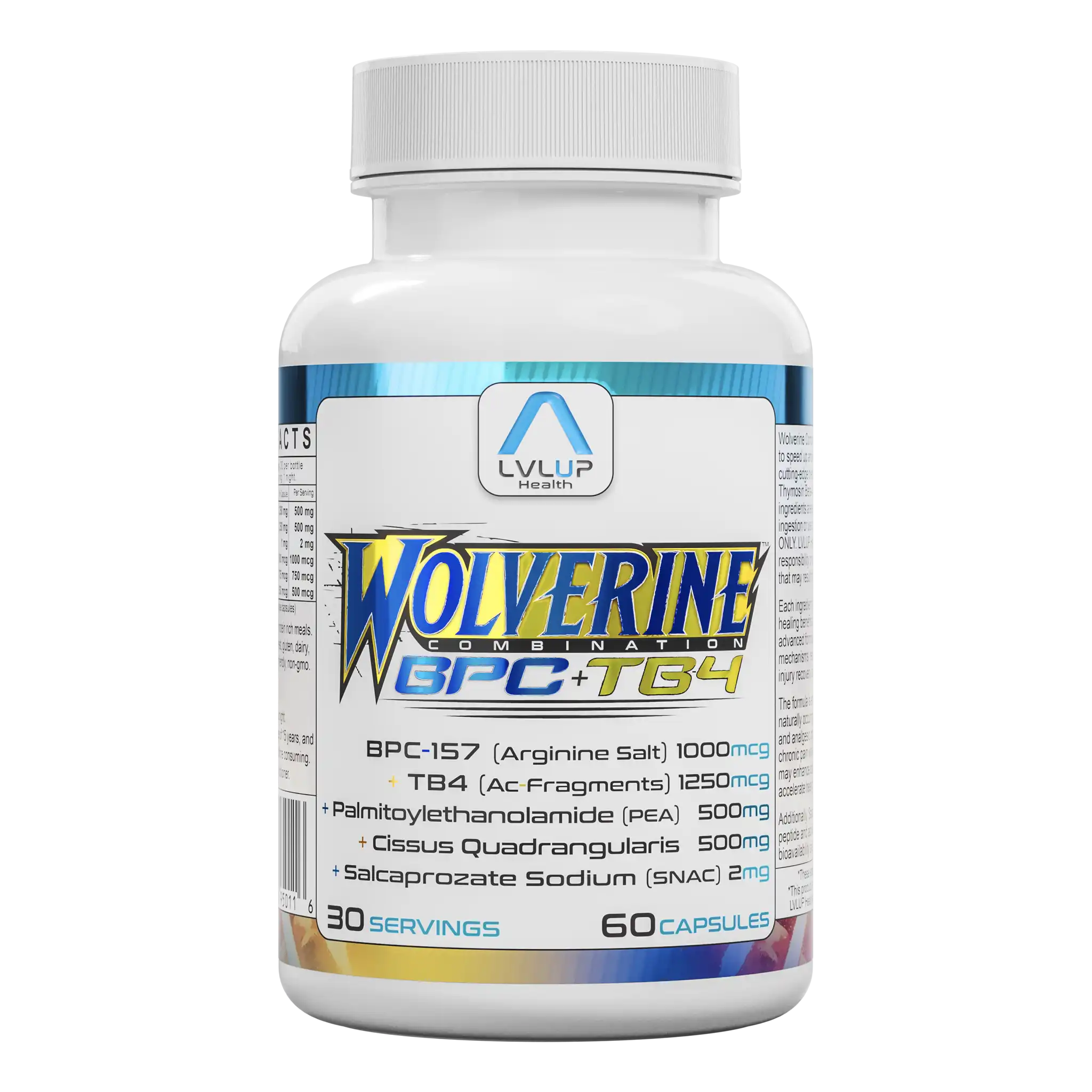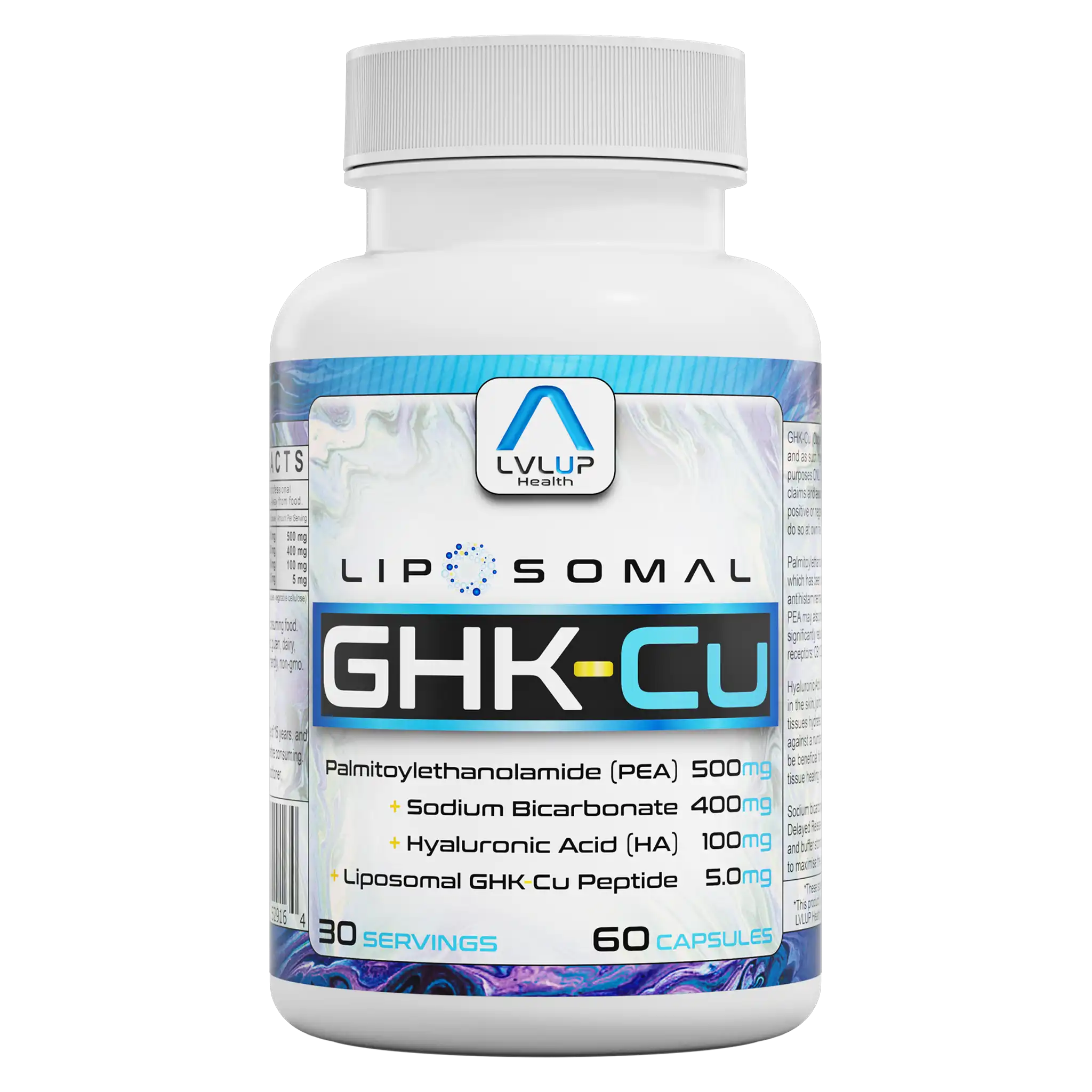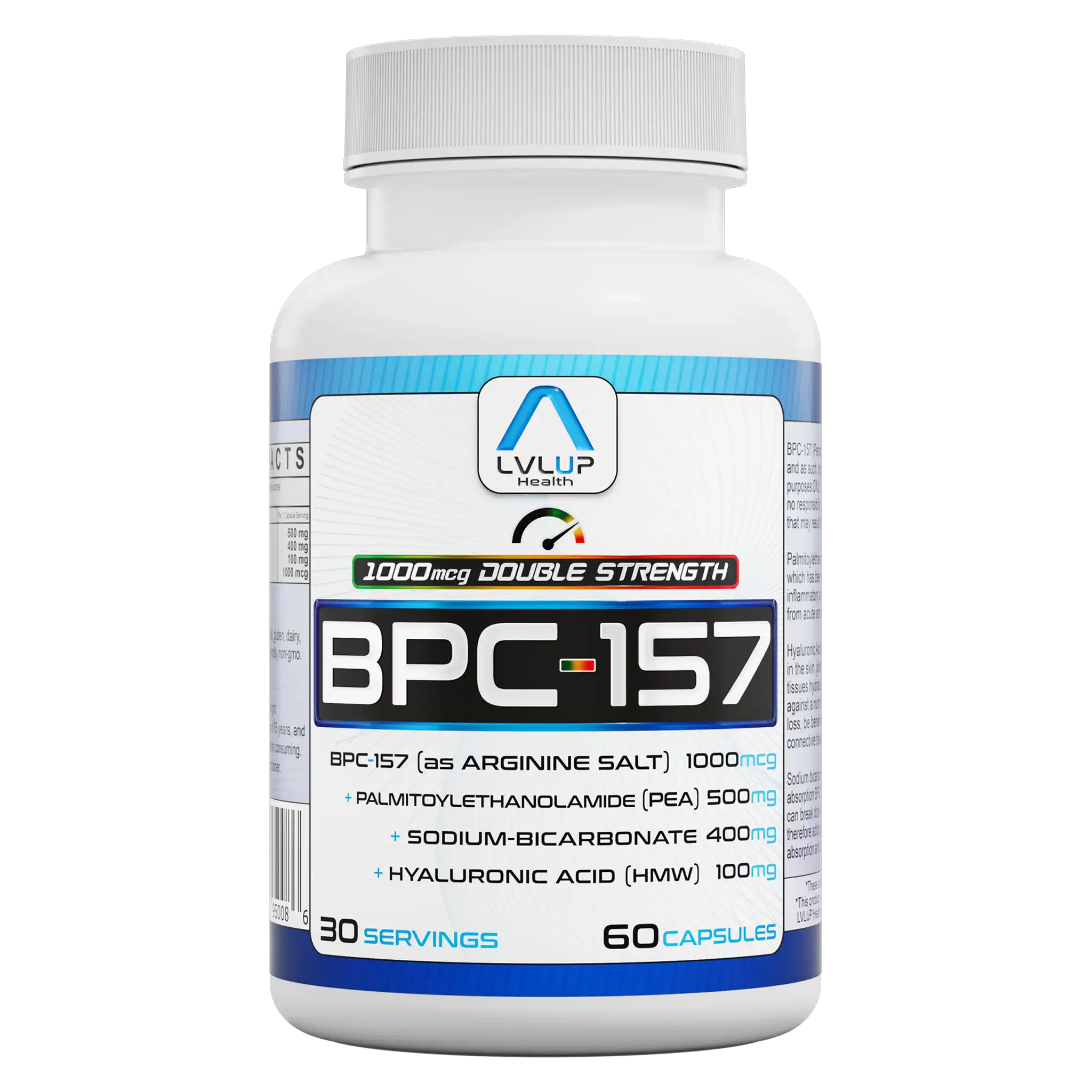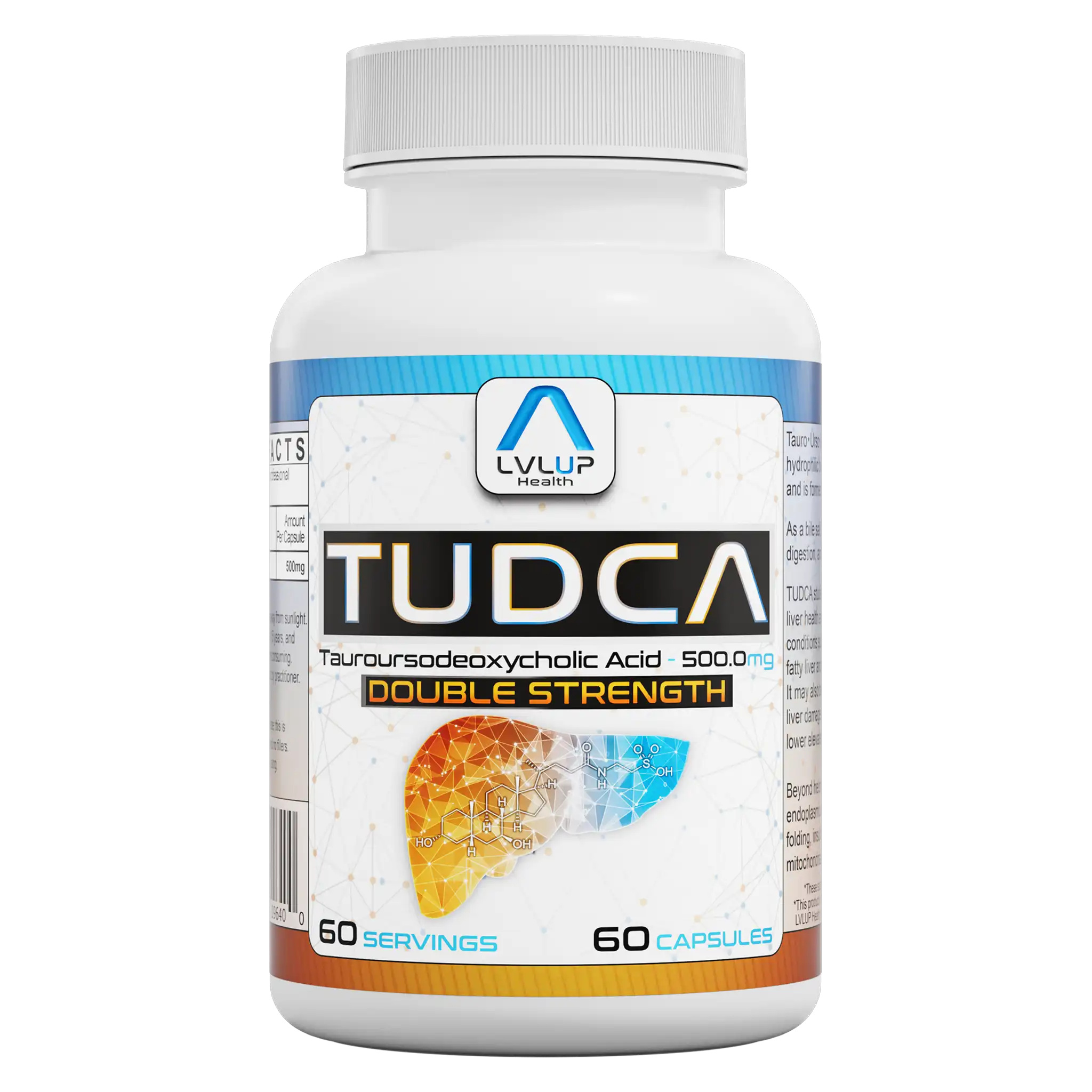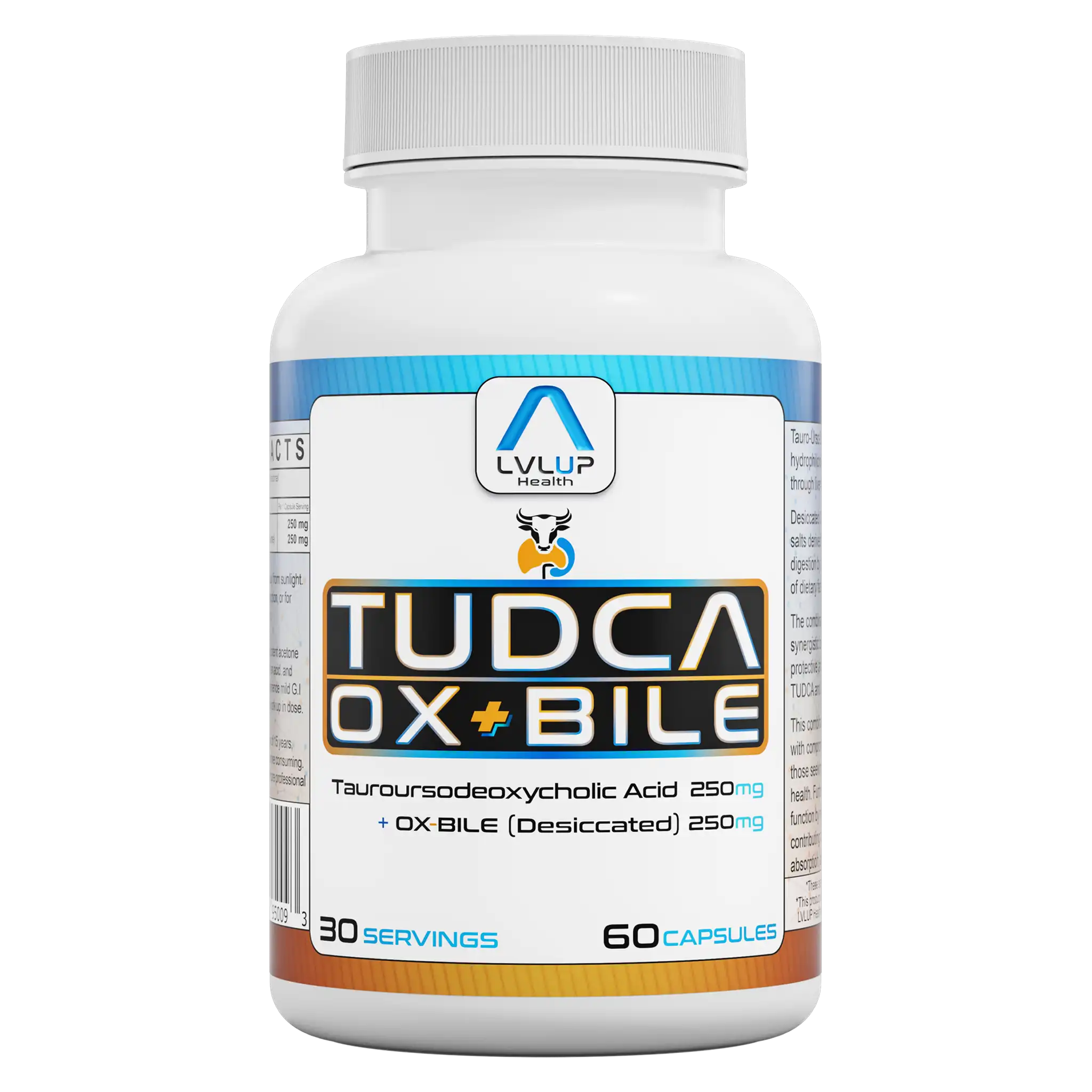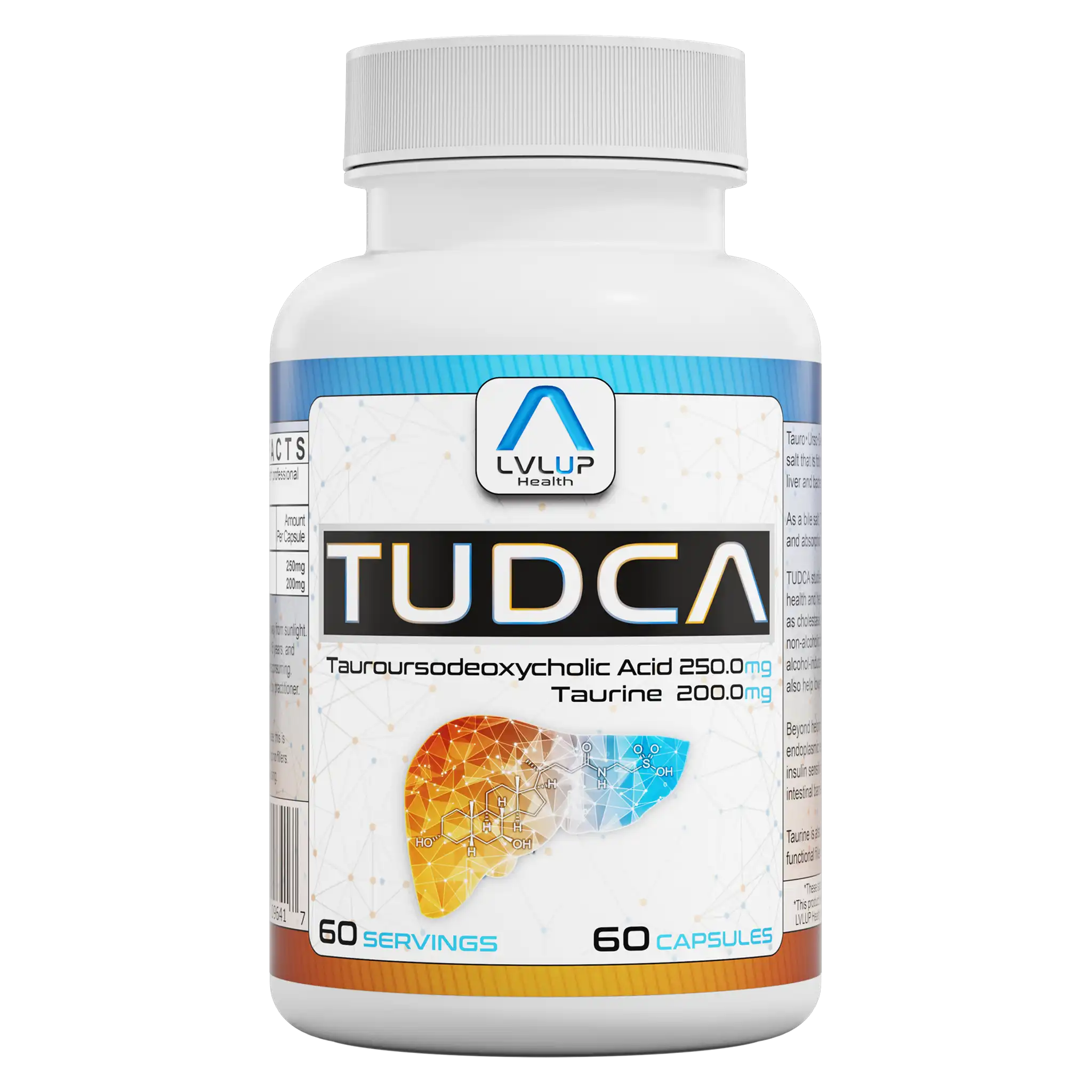TUDCA
About TUDCA
What is TUDCA?
TUDCA is a bioactive bile acid found in the human body. While traditionally sourced from animals, modern supplements use highly purified, vegan forms. TUDCA is notable for supporting normal liver function, digestive balance, and potential neurological resilience.
Cellular Support
TUDCA’s cellular protective qualities make it appealing for those who push their systems with exercise, diets, or medications. By aiding healthy bile production and flow, it supports fat breakdown and detoxification, helping manage liver workload during stress.
Neuroprotective Potential
TUDCA can cross the blood-brain barrier, and scientists are exploring its role in brain cell function under stress. Early research suggests effects on cell signaling and detoxification in neural tissue.
Synergistic Formulations
You’ll often find TUDCA paired with phosphatidylcholine or milk thistle in formulas targeting metabolic flow or gut-liver support. In gut blends, it aids fat digestion, useful for high-fat diets.
Practical Applications
In supplements, TUDCA is used at different doses, sometimes alone or with other bile salts. Formats range from lower-dose options for sensitivity to higher-strength capsules for robust support.
Formulated With
Detailed Information
Chemical Nature
Tauroursodeoxycholic acid (TUDCA) is a taurine-conjugated hydrophilic bile acid derived from ursodeoxycholic acid (UDCA). Its solubility and cytoprotective properties surpass more hydrophobic species like chenodeoxycholic acid (CDCA).
Mechanisms of Action
Mechanistically, TUDCA modulates endoplasmic reticulum (ER) stress signaling, suppressing CHOP/GADD153-mediated apoptosis and stabilizing mitochondrial membrane integrity under toxic conditions.
Research Insights
In vitro studies show TUDCA reduces ER-stress-induced cell death. It prevents caspase-3 cleavage and supports biliary secretion by inducing ATP-dependent transporters, maintaining canalicular network integrity.
Neurobiological Effects
TUDCA’s structure allows permeability across the blood-brain barrier. Preclinical models indicate neuroprotective effects by modulating glial markers and inhibiting apoptosis in neuronal cultures.
Clinical Relevance
Research highlights TUDCA’s benefits in cholestatic syndromes and drug-induced hepatotoxicity. It promotes non-cytotoxic bile salt pools and synergizes with choline donors and antioxidants.
